In this podcast episode, Hélène Himmer and Brigette Perenyi, storytelling manager at Reform Initiative host a discussion with Ineza Umuhoza Grace, CEO of the Green Protector and Co. and founder of the Loss and Damage Youth Coalition, about the need for climate reparations and the challenges faced by the Global South, particularly Africa, which bears the brunt of climate impacts despite contributing minimally to global emissions. This episode explores how youth activism is driving the climate justice and reparations movement, with a focus on amplifying the voices of vulnerable groups like women and indigenous communities in Africa. Ineza emphasizes the need for these frontline communities to tell their own stories, rather than having international media impose narratives, ensuring their stories are heard and effective solutions are pursued. Furthermore, this episode advocates for unity among African nations to amplify their voices in global climate negotiations and address the tokenization of women, youth, and marginalized groups in international forums. Ultimately, the podcast calls for an inclusive, justice-driven approach to climate action that centers the voices and needs of those most affected by the crisis.
Ineza Umuhoza Grace is a passionate eco-feminist, climate activist, and environmentalist from Kigali, Rwanda. She is the CEO and Founder of The Green Protector, co-ordinator and co-founder of the Loss and Damage Youth Coalition, and a Research Assistant for the CCLAD project, which stands for The Politics of Climate Change Loss and Damage. In 2023, Ineza was awarded the Global Citizen Prize for her remarkable contributions to climate advocacy.
Ineza holds a bachelor’s degree in water and environmental engineering from the University of Rwanda. Her research focuses on Loss and Damage responses in developing countries. She is interested in working to find gaps that can be turned into an opportunity area to ensure sustainable development for the global community. She also aims to support the sharing of community voices through blogging, storytelling and youth empowerment, especially of the youth in the Global South.
Brigitte Perenyi is a documentary story gatherer, producer & advocate with special focus on ethical storytelling. She works with development, INGOs, nonprofits and humanitarian organisations, news agents, storytellers and communications’ team to co-create more equitable media collection with ethical considerations. Currently, she serves as the storytelling manager at Reform Initiative. Perenyi strongly believes participatory and collaborative storytelling can change how we view and relate to our world. She engages with people in communities to find the stories that will not only give them agency and ownership but that will also support the transformation of their communities and create sustainability and prosperity; the goal of the organisations. She has produced & directed stories from the most challenging environments in over ten countries across Africa, and England for media outlets, corporations and organisations including BBC, World Bank, Open Society Foundation, Connected Development, and Conciliation Resources, to name a few. Brigitte was listed in 100 Women BBC 2018.
Support the African Futures Lab and Future Perfect | Futur Antérieur! Click here for more details.
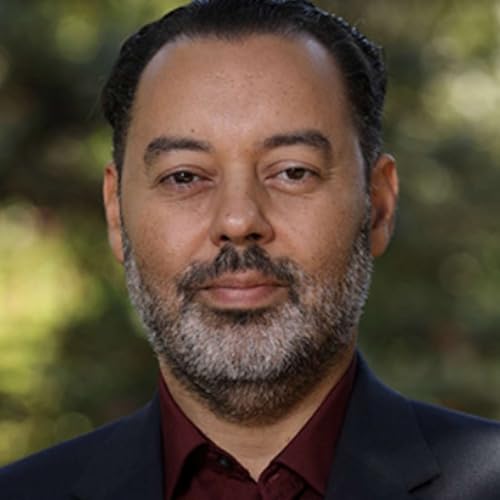 56 mins
56 mins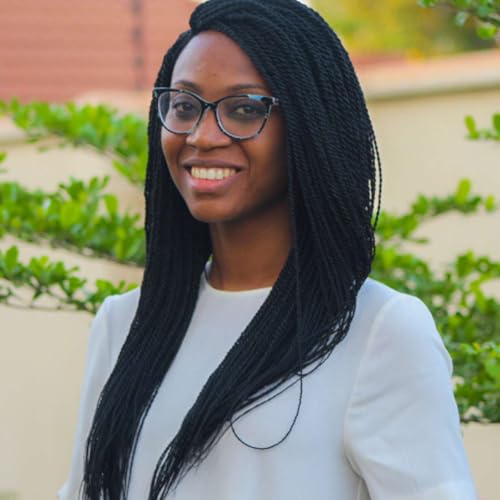 43 mins
43 mins 46 mins
46 mins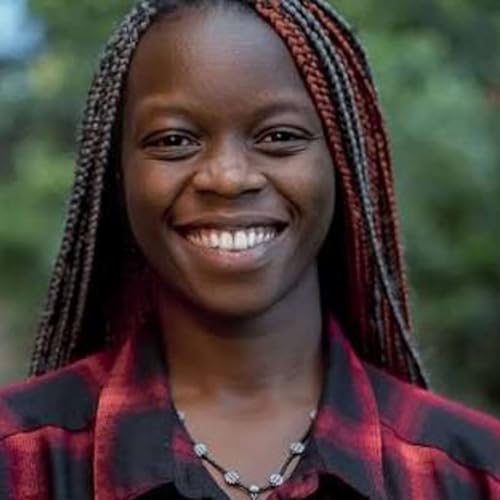 43 mins
43 mins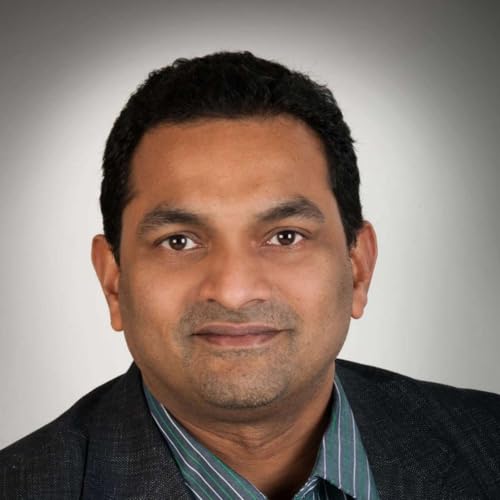 45 mins
45 mins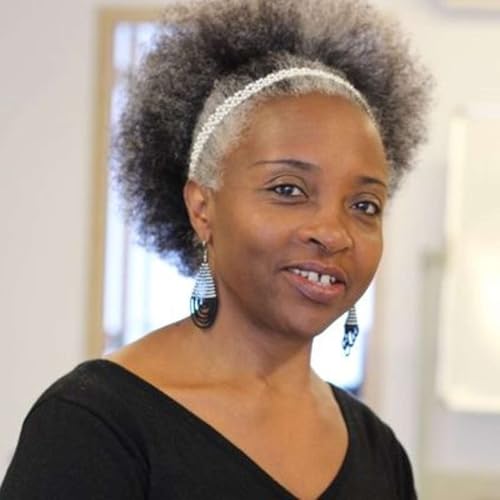 34 mins
34 mins Jun 15 20231 hr and 7 mins
Jun 15 20231 hr and 7 mins 43 mins
43 mins
